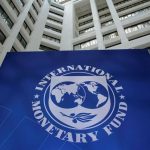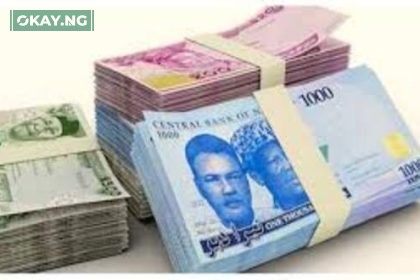Despite significant lobbying efforts, six major banks have collectively paid approximately N205.59 billion in windfall tax for the 2024 financial year, according to their audited reports filed with the Nigerian Exchange Limited. This substantial payment underscores the government’s resolve to bolster tax revenue following the naira’s significant devaluation in 2023.
The Finance (Amendment) Act 2023, assented to by President Bola Tinubu in August 2024, mandates a 70 percent levy on foreign exchange gains accrued by banks from 2023 to 2025. This move aims to increase the tax revenue’s contribution to the gross domestic product from 11 percent to 18 percent within three years.
Leading the pack in tax contributions are Zenith Bank, with a payment of N63.31 billion, and United Bank for Africa (UBA), which paid N57.91 billion. UBA clarified that its payment covers both 2023 and 2024, breaking down the figures to N24.819 billion and N33.092 billion, respectively, after extensive reconciliations with the Federal Internal Revenue Service (FIRS). Guaranty Trust Holding Company (GTCO) followed with N51.25 billion, Stanbic IBTC Holdings with N17.18 billion, Fidelity Bank with N13.33 billion (including N5.71 billion for 2023), and Wema Bank with N2.62 billion, representing about three percent of its profit before tax.
“The Act imposes a 70 per cent levy in retrospect for the 2023 financial period, 2024, and 2025 on foreign exchange gains from the impact of foreign exchange on financial instruments as a result of currency floating by the apex bank (CBN),” Fidelity Bank stated in its report.
However, these payments represent only a portion of the expected revenue. Government sources indicate that the total windfall tax collection could reach N1 trillion, implying that an additional N600 billion is still outstanding from other banks.
The decision to impose this windfall tax, defined as a higher tax on sectors that disproportionately benefit from market conditions, has drawn criticism. International rating agency Moody’s, in a report titled ‘Nigeria’s Proposed Windfall Tax on Foreign Exchange Gains is Credit Negative for banks,’ warned that the tax could negatively impact banks with capital adequacy close to regulatory thresholds.
Moses Igbrude, the National Coordinator of the Independent Shareholders Association of Nigeria, expressed concerns about the government’s approach. “What is the work of the government, and how does it fund this work? Through taxes, but introducing various taxes just because the government needs money is not very good,” Igbrude said. He also questioned the government’s lack of support for sectors that suffered losses due to the same devaluation. “It should be both ways,” he emphasized.
The 2023 fiscal year saw a significant devaluation of the naira, leading to substantial foreign exchange gains for banks holding FX assets. Section 29 A of the law mandates the 70 percent levy on these realised profits.
As the government aims to meet its revenue targets, the banking sector faces the challenge of navigating these new fiscal policies while maintaining stability and profitability.












